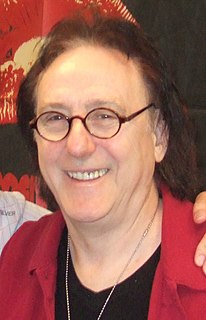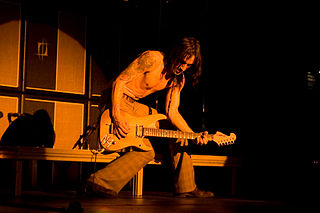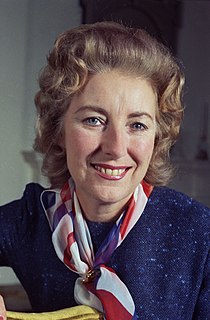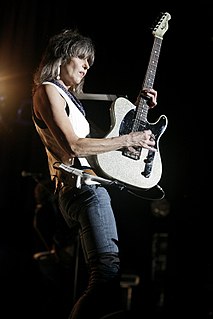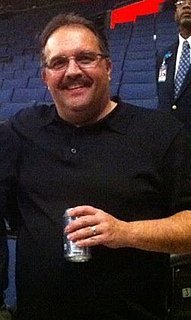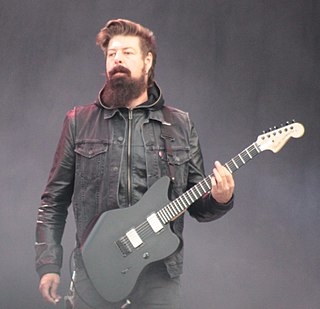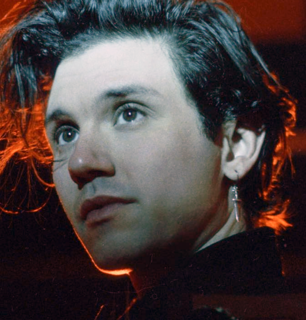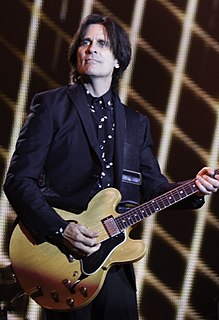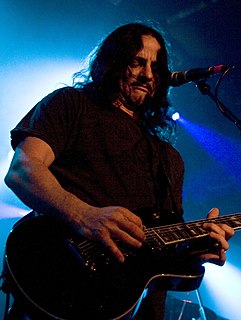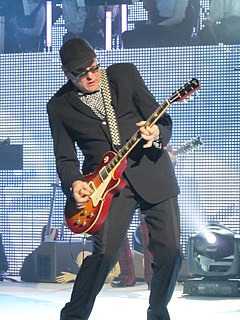A Quote by Denny Laine
Band on the Run' was pretty significant for me because two of the guys didn't turn up to record it. It was just me and Paul. The two of us had to go into the studio and make that album ourselves. With Linda of course.
Related Quotes
You know, Kiss can always go on as long as Gene and Paul want it to go on. Static-X is the same way. We're the two founding guys and the two vocalists and the driving force of the band. We can go on as long as we want, as long as the two of us are together. If I ever lost Tony, I'm sure I'd start something else.
A lot of new artists sign their deal and then go into a development stage for a year or two or sometimes never get out of it. For me, because I had been a working songwriter in town, I had a collection of songs that I was ready to make into an album. At the time, I didn't realize it was becoming an album, but it was.
I was never too interested in high school. I mean, I never went to a dance, I never went out on a date, I never went steady. It became pretty awful for me. Except, of course, I could go see bands, and that was the kick. I used to go to Cleveland just to see any band. So I was in love a lot of the time, but mostly with guys in bands that I had never met. For me, knowing that Brian Jones was out there, and later that Iggy Pop was out there, made it kind of hard for me to get too interested in the guys that were around me. I had, uh, bigger things in mind.
I called the guys from Promise of the Real, whom I've been playing with, and they were all on the road. Right after I hung up the phone, I wrote another song and started writing another, and I'm going, "Hey, I can't wait. I should be doing this now!" My experience tells me that when it's there, it's there, and you can't make it wait. So I got Jimmy Keltner and Paul Bushnell, two good guys, and went in and did this record ["Peace Trail"].
There's a lot of discussion about whether you should be a good live band or a good studio band. I think you can use the studio to make a great "studio record" and not necessarily have to reproduce exactly that on stage, but still be a great "live band." Having said that, if what you're going for is just the raw capture of your live sound, then that's cool, too - go for it! I enjoy working in the studio, though, and while I try to get near to an approximation of what's going on onstage, it's not my first priority usually.
So I go to the studio, and just say, 'Hi Paul, it's me, Rusty.' I think I kept it together pretty well, although I was pretty nervous. And before the day is over I'm playing guitar, and there's Paul McCartney over there, playing his Hofner bass and singing. All I can do is think, 'This life is so so bizarre.'
